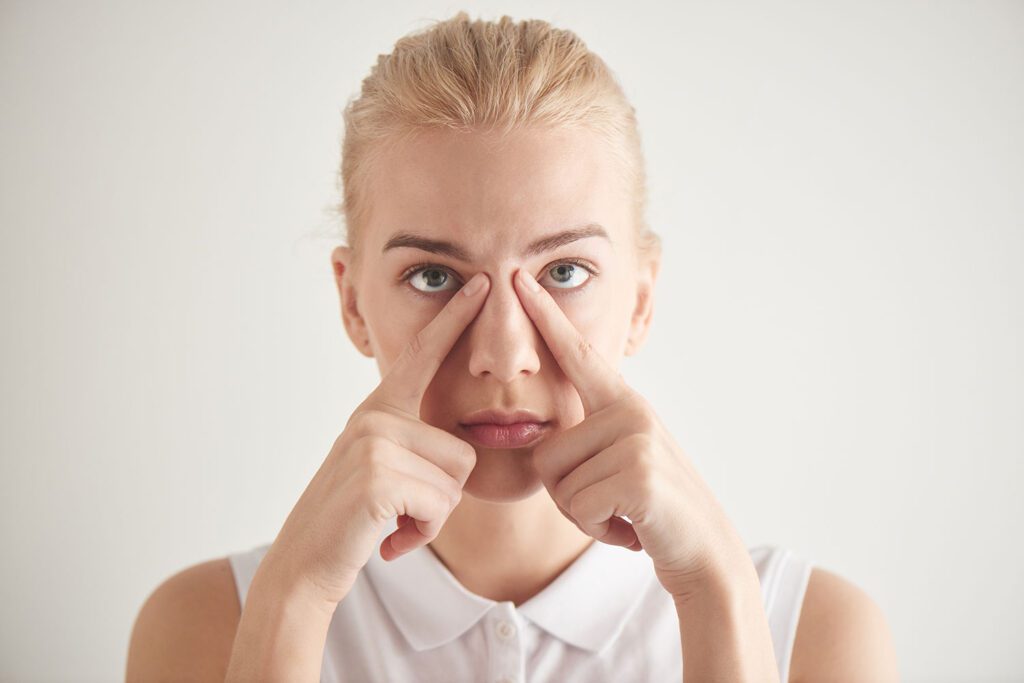What is Face Yoga? A Complete Beginner’s Guide

Face yoga has emerged as a popular natural alternative to traditional skincare and anti-aging techniques. It involves a series of facial exercises designed to tone and strengthen the muscles in your face, promoting a youthful appearance. If you’re new to the concept, this guide will walk you through the basics of face yoga, its benefits, and how to get started.
What is Face Yoga?
Face yoga is a form of exercise that focuses on the facial muscles. Just like body yoga or any other form of physical exercise, face yoga targets specific areas to improve muscle tone, elasticity, and overall appearance. The practice includes a variety of movements and poses designed to stimulate blood flow, encourage lymphatic drainage, and reduce tension in the face.
The Science Behind Face Yoga
The principle behind face yoga is simple: regular exercise strengthens muscles, and stronger muscles lead to a firmer, more toned appearance. The face has over 50 muscles that, just like the rest of the body, can lose their strength and elasticity over time. By engaging in targeted exercises, you can help maintain and even improve the firmness of these muscles, potentially reducing the appearance of wrinkles and sagging.

Benefits of Face Yoga
- Reduces Fine Lines and Wrinkles: Regular face yoga can help minimize the appearance of fine lines and wrinkles by toning the muscles underneath the skin, making it appear smoother.
- Enhances Facial Symmetry: By targeting specific muscle groups, face yoga can help balance the features of your face, promoting symmetry.
- Promotes Relaxation: Many face yoga exercises also incorporate breathing techniques that help reduce stress and tension, not only in the face but throughout the body.
- Improves Circulation: The gentle stretching and movement involved in face yoga can increase blood circulation, delivering more oxygen and nutrients to skin cells, which can enhance your complexion.
- Boosts Self-Confidence: Seeing improvements in your facial appearance can lead to increased self-confidence and a positive self-image.
Getting Started with Face Yoga
- Find a Quiet Space: Like any form of yoga, it’s important to practice in a calm, quiet environment where you can focus on your breathing and movements.
- Warm Up: Before starting your face yoga routine, warm up your facial muscles with some gentle massages. This can help relax your face and prepare it for the exercises.

Learn the Basic Exercises:
– The Cheek Lifter: Smile as wide as you can, then lift your cheeks towards your eyes, hold for a few seconds, and release.
–The Jawline Definer: Tilt your head back slightly, pucker your lips towards the ceiling, hold for a few seconds, and release.
–The Forehead Smoother: Place both hands on your forehead, gently pulling the skin taut while trying to raise your eyebrows. Hold for a few seconds and release.
- Practice Regularly: Consistency is key. Aim to practice face yoga for about 10-20 minutes daily to see the best results.
- Stay Hydrated: Drink plenty of water to keep your skin hydrated and help flush out toxins, which can improve the effectiveness of your face yoga routine.
Common Myths About Face Yoga
Myth: Face yoga can replace all other skincare routines.
Reality: While face yoga can be an excellent addition to your skincare regimen, it shouldn’t replace other essential practices like cleansing, moisturizing, and sun protection.
Myth: Face yoga works instantly.
Reality: Like any exercise routine, face yoga requires time and consistency. Results may take a few weeks or months to become noticeable.
Face yoga is a natural, cost-effective way to maintain a youthful appearance and improve your overall facial symmetry and tone. Whether you’re looking to reduce wrinkles, enhance your facial features, or simply relax, face yoga can be a valuable addition to your daily routine. With regular practice and patience, you may find that your face looks more toned, refreshed, and vibrant.








